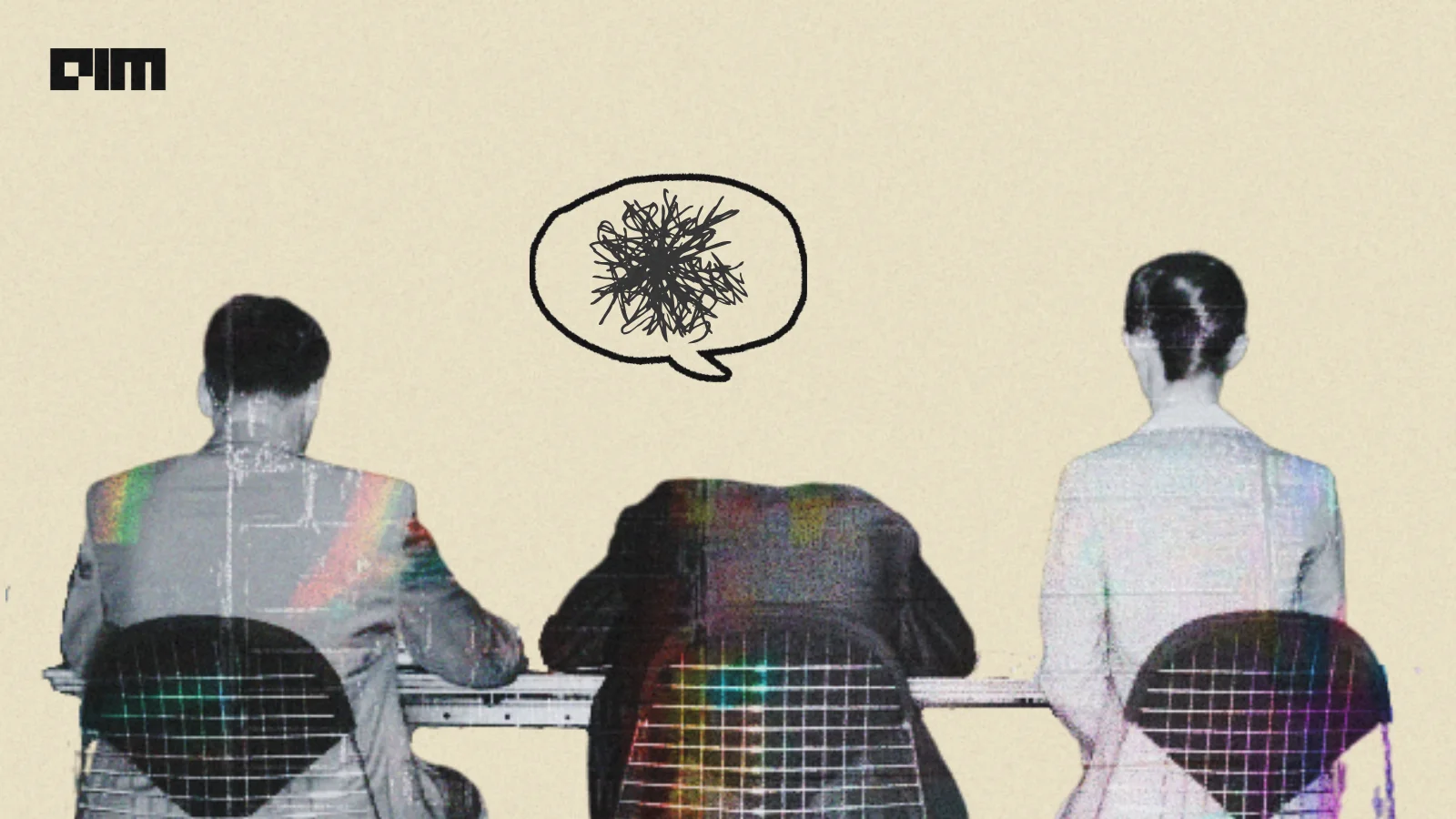Is working 7 days a week sustainable for AI startup founders

Founders call it passion, economists call it inefficient, and doctors call it a health risk
At Cognition, the San Francisco AI coding startup, weekends don’t exist. CEO Scott Wu proudly describes an “extreme performance culture” where staff often sleep in the office and treat Saturdays like Mondays. “Many of us literally live where we work,” he boasts. It’s a snapshot of a broader trend sweeping the U.S. startup scene: the return of the seven-day grind, celebrated as the price of chasing the next big breakthrough in artificial intelligence.
https://twitter.com/ScottWu46/status/1952776198947520659
The irony is tough to ignore. AI has been sold as the ultimate time-saver, a technology that would automate drudgery and free people from the grind. Yet a recent EY survey found that over half of senior managers already feel they’re “failing” under the strain of AI adoption, while employees describe themselves as “overwhelmed and exhausted.” Organizational psychologist Julie Donley explains why: instead of lightening workloads, AI “has raised expectations, accelerated demands, and left the emotional labor” squarely on human shoulders.
That pressure is being reframed as a virtue in companies that were meant to embody the future of work. Lovable warns job applicants to expect long hours at “high urgency.” Icon’s founder insists he only hires “the top 0.01% engineers,” who have “proven they'll do whatever it takes (100-hour weeks, weekend sprints),” adding, “why do 6 [days] when you can do 7?” Even Sergey Brin has told Google’s AI staff that “60 hours a week is the sweet spot of productivity.” Far from fulfilling its promise to free people from the grind, AI has become the excuse to intensify it.
But these claims collapse under the weight of evidence. Economists have long known that productivity per hour peaks around fifty hours per week and falls off sharply after fifty-five. A Stanford study showed that seventy-hour weeks produce no more than fifty-five. The World Health Organization has linked weeks longer than fifty-five hours to a 35 percent higher risk of stroke and a 17 percent higher risk of heart disease. In the U.S., thirty-six percent of workers already report feeling burned out, with heavy workloads and long hours topping the list of causes. In tech specifically, engineers spend up to half their time on “work about work”: inefficiencies that cost the U.S. economy more than a trillion dollars a year and fuel even more burnout.
The data says the grind doesn’t work. Productivity slows, mistakes multiply, and people quit. What Silicon Valley likes to frame as intensity is often just inefficiency and short-termism, a way to burn through talent while chasing the mirage of a billion-dollar exit.
Contrast this with Europe, where governments have spent decades building guardrails against overwork. France legally enforces a thirty-five-hour week and a “right to disconnect” after hours. Spain, Ireland, and the broader EU are following suit, pushing laws that protect employees from the always-on demands of bosses. Meanwhile, four-day workweek trials across North America and Europe consistently show equal or greater productivity, less burnout, and higher retention. These are proof that people don’t need to destroy their health to build successful companies.
Yet in the U.S., VCs and founders continue to romanticize the grind. Reid Hoffman, co-founder of LinkedIn, recently told startup leaders that “work-life balance is not the startup game,” warning that unless employees log back on after dinner, they’re as good as unemployed. It’s an astonishingly outdated worldview dressed up as hard-nosed realism. For every Hoffman, though, there are others warning of the consequences. Engineers on Reddit openly mock seven-day workweek job posts as “red flags.” Consultants and organizational psychologists point out that when companies push their teams past the breaking point, they don’t accelerate innovation: they slow it down.
If AI startups truly believe in the technology they are building, they should be the first to prove that it can reduce human workloads and give people back their time. Instead, they are becoming the poster children for a work culture that even China’s “996” generation is beginning to abandon.
Key Takeaways
- Identify a growing trend of extreme work hours in AI startups, with founders promoting a 'seven-day grind' culture.
- Recognize the paradox of AI adoption, which, instead of freeing up time, increases expectations and employee burnout.
- Highlight the redefinition of intense work as a virtue within these companies, despite potential health and efficiency concerns.
- Understand that this demanding culture is seen by some as the necessary price for achieving breakthroughs in AI development.